Description
The Plant
PICEA abies ‘Pusch’ belongs to the Norway spruce genus, although this form was voted conifer of the year.
In fact, it is a very compact form which will not exceed 50 cm after ten years.
This dwarf conifer surprises in spring when it develops its red then bright pink cones (see photo) at the end of the previous year’s growth. These remain on the plant until the following winter.
Moreover, the spring shoots are light green and very bright, as in the type species.
You can plant this miniature conifer in a pot, a border, or a rock garden.
To view all PICEA currently available for sale, please click here.
How to plant and care for PICEA abies ‘Pusch’?
The planting
- Find a place for P. abies ‘Pusch’ in full sun or partial shade in a pot, flower bed or rock garden.
- The soil can be light, normal or heavy with an acidic, neutral or calcareous pH.
- It tolerates humid, moderately humid and dry places. However, if you keep it in a pot, you must follow the watering since the humidity cannot be regulated naturally (like in the ground).
For proper preparation of the pot or planting hole, we have developed specific instructions available here.
Caring
This is a plant that does not require any special maintenance.
It resists extreme cold (below -20°C) and drought well in the ground (with complete rooting after about two years).
If you plant P. abies ‘Pusch’ in a container or tray, follow regular watering since rain will not be enough to ensure good humidity.
Furthermore, discover here how to water your garden and save water.
History and Origin
The type species, PICEA abies, also called Norway spruce, is endemic throughout Europe, except for the British Islands and the Iberian Peninsula. However, it is mainly present in the north, east and center of Europe.
If the classic PICEA abies can reach heights of 50 m, PICEA abies ‘Pusch’ is truly a conifer that can be considered miniature. In fact, it only grows a few centimeters per year.
The cultivar P. abies ‘Pusch’ was selected in 1980 in Germany by Hans Pusch and introduced onto the market in 1990. In 2008, it won the “Conifer of the Year” award from the German Nursery Association.
Norway spruce trees provide important shelter for birds and a food source for insects, some of which are threatened with extinction (e.g. the Rosalia longicorn, ROSALIA alpina).

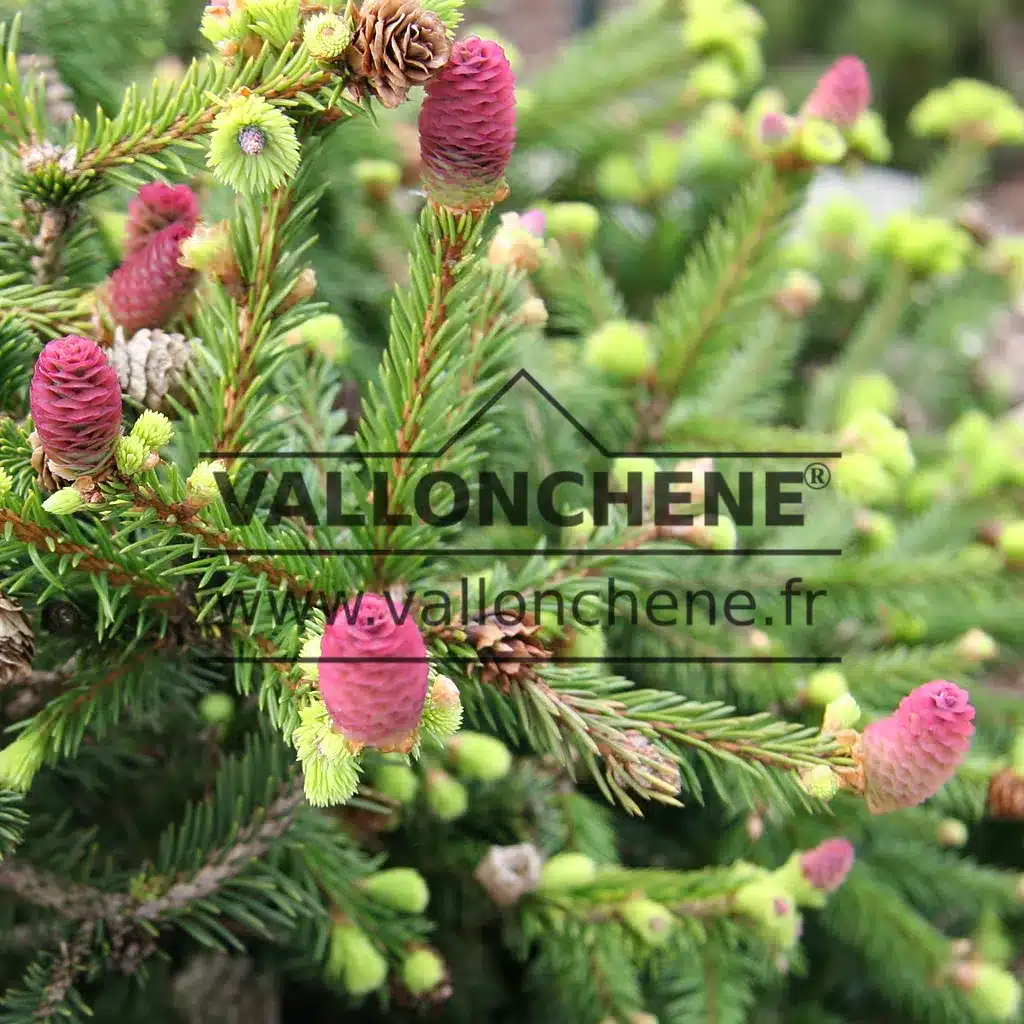
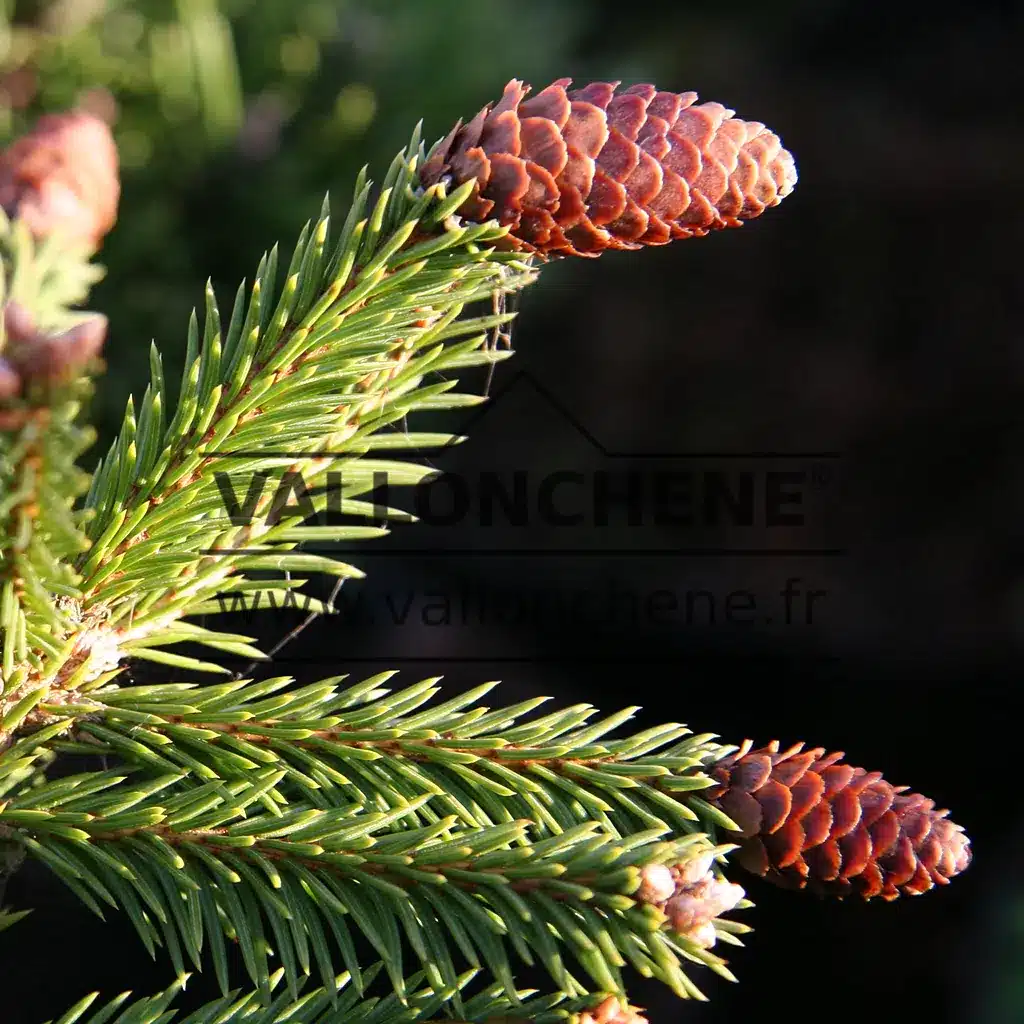
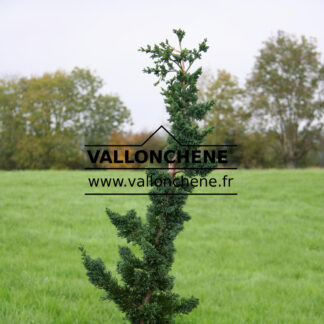
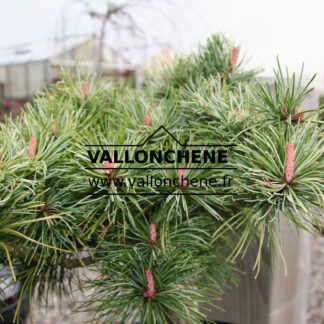
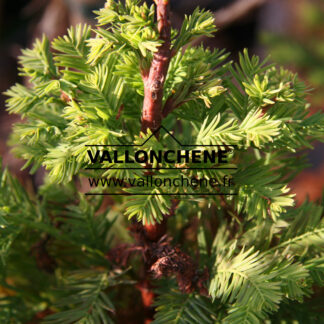

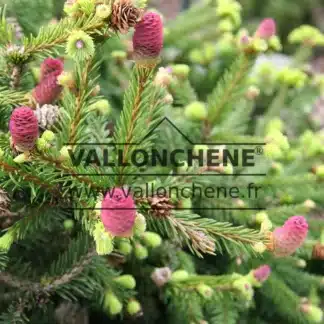
Reviews
There are no reviews yet.